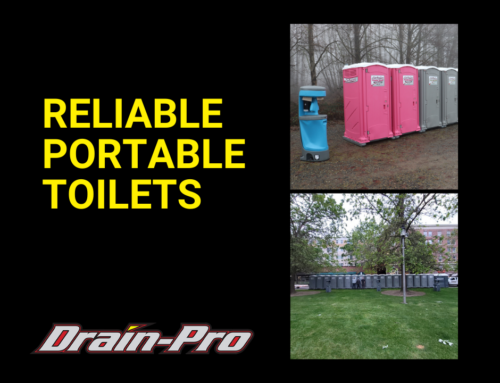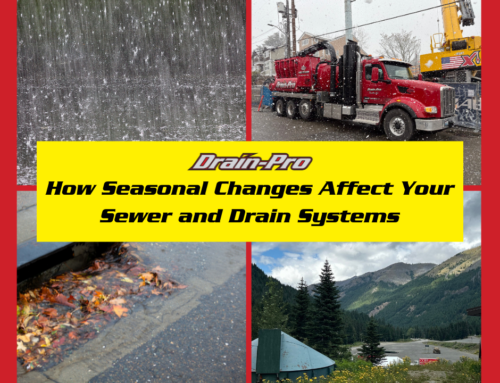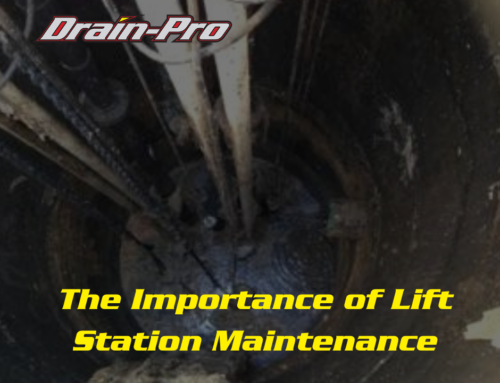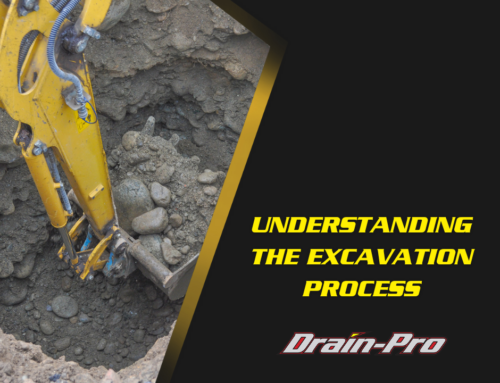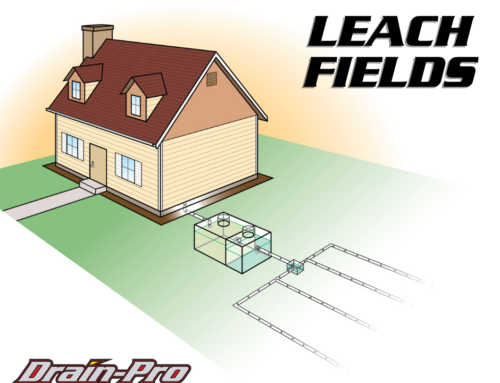Septic system emergencies are rarely convenient. They tend to happen when you're least
expecting it—like right before guests arrive or in the middle of a busy weekend. One minute
everything’s working fine, and the next you’re dealing with strange smells, slow drains, or even
worse—sewage backing up into your home. When this happens, it’s easy to panic. But knowing
how to respond quickly and correctly can help minimize damage and get your system back on
track faster.
The first thing to do in a septic emergency is to stop using water immediately. That means
holding off on showers, laundry, dishwashing—anything that sends water into your plumbing
system. Continuing to add water during an active backup can make the situation worse, causing
more waste to push into your home or saturate your drain field.
Next, call a licensed septic professional. The sooner a trained technician is on-site, the faster
they can assess the issue and prevent it from escalating. At Drain-Pro, we have the tools and
experience to respond quickly and handle emergencies efficiently. Whether it’s a backup, a
blocked line, or a flooded drain field, we know how to get to the root of the problem.
If you’re waiting for a technician to arrive, avoid opening your septic tank or trying to investigate
the problem on your own. Not only are septic gases hazardous, but it’s also easy to
misdiagnose the issue without the proper equipment. Instead, if you can do so safely, document
any visible signs of the problem. Taking photos of affected areas—like standing water in your
yard or water damage indoors—can be helpful if you need to file an insurance claim later.
There are also a few common mistakes homeowners make during a septic emergency that can
complicate things. One of the biggest is using chemical drain cleaners to try and force a fix.
These products often do more harm than good, killing off the helpful bacteria your septic system
relies on to function properly. It’s also important not to flush or drain anything once you’ve
noticed an issue, no matter how minor it seems—waiting it out almost never works in your favor.
Once the emergency is resolved, regular maintenance is key to preventing future problems.
That includes having your tank pumped on schedule, being mindful of what goes down your
drains, and scheduling periodic inspections with a certified professional. Septic issues can be
stressful, but with the right response plan and a reliable service provider, they don’t have to
become a disaster. If your system is showing signs of trouble, don’t wait—give Drain-Pro a call,
and we’ll take it from there.



